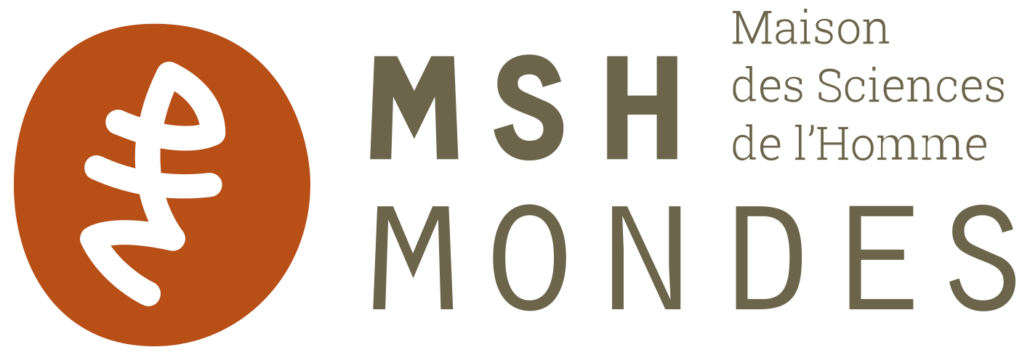| Current library | Call number | Status | Date due | Barcode |
|---|---|---|---|---|
| Besançon : ISTA - Institut des Sciences et Techniques de l'Antiquité Libre accès | Cr-Per 233-139 (Browse shelf(Opens below)) | Available |
Notes bibliogr. Bibliogr. p. 218-221
This article examines the alleged author, or first-person narrator, of the tenth pseudonymous letter in the Corpus Aeschineum. It argues that the forger, in a short epistolary novel that describes the seduction of a certain Callirhoe in Troy, uses puns (αἰσχύνειν, ἀναισχυντία, etc.) on the name of the fourth-century BC orator Aeschines. It notes that αἰσχρός-words recur in ancient works and, as a rhetorical device, are attested in Demosthenes. The forger’s aims are, first, to serialize the ‘Aeschinean’ letters as a whole by relating them to the same author and, second, to create an ‘aischrologic’ counterpart of the Callirhoe, which is attributed to Chariton (Χαρίτων/‘The Graceful’). Thus there is less likelihood of suggesting other figures such as the eponymous Aeschines Socraticus.








There are no comments on this title.